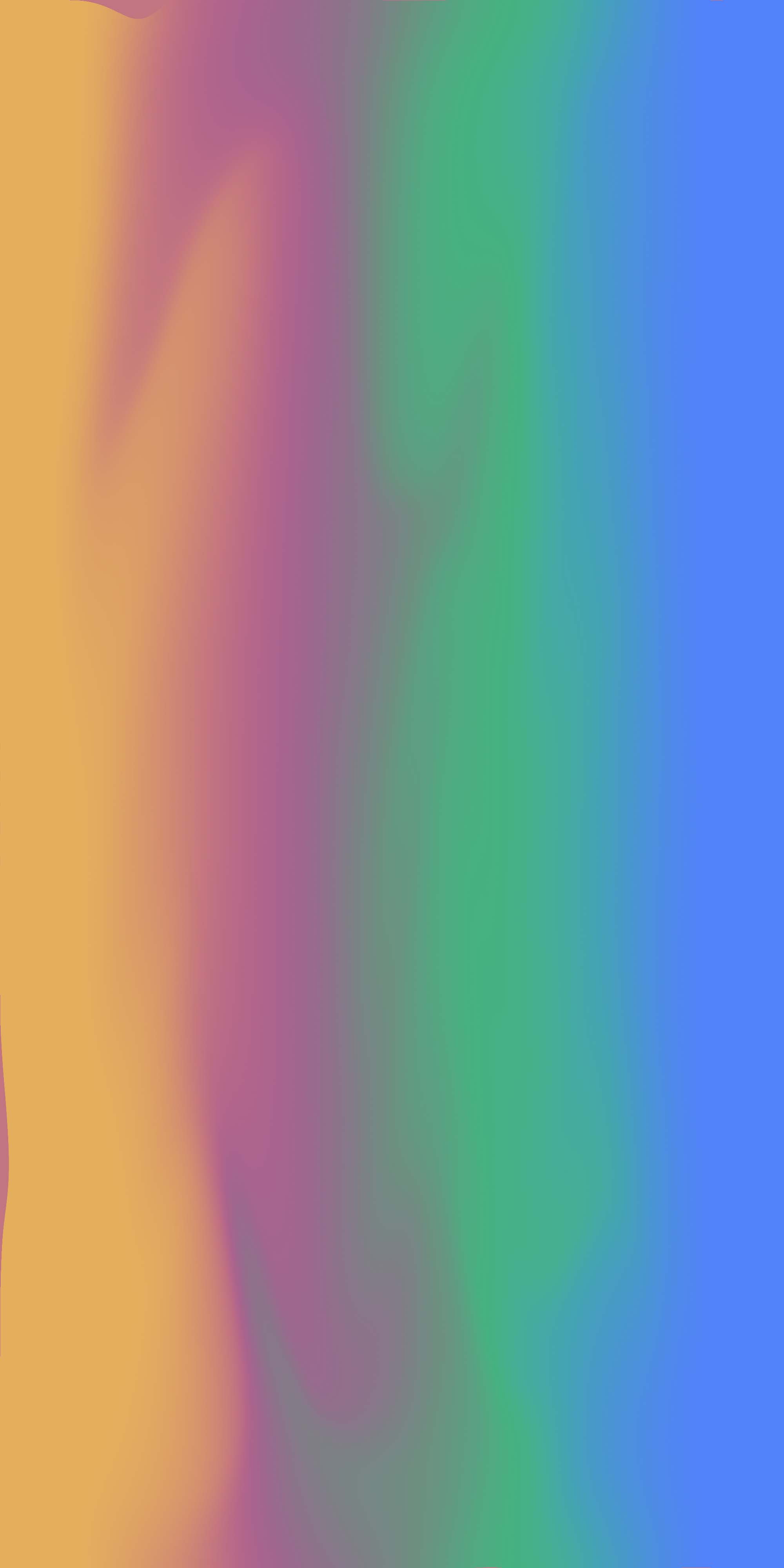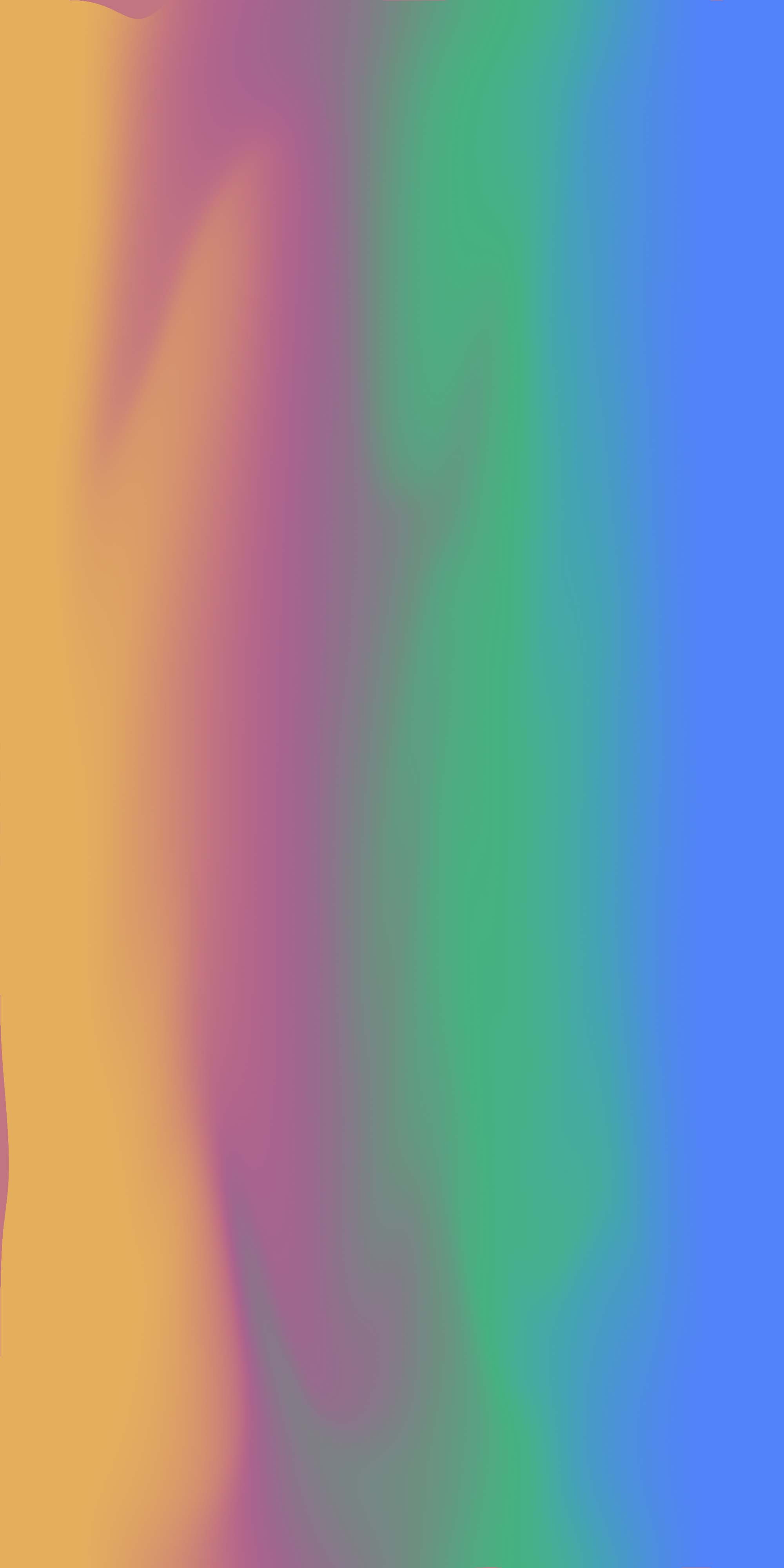As part of her research and writing process, Camila Marambio creates situations for herself and her collaborators from across the globe to discuss, perform and further explore their crossing overs in relation to the study of vitality, mortality, aging, and cancer.
Since February 2021, Camila Marambio has been a postdoc fellow of The Seedbox: A Mistra Formas Environmental Humanities Collaboratory at Linkoping University, hosted by the Royal Institute of Art. She is currently working on her forthcoming book, Sandcastles, Figuring Planetary Ethics, co-authored with the gender studies scholar and poet Nina Lykke.
Collaborators in A Sandcastle with Moving Parts
Ariel Bustamante is a sound artist based in La Paz/Bolivia. His practice concentrates on long-term processes of both craftsmanship and sensorial research. Bustamante is a member of the Multispecies Ontology Laboratory at the Institute of Anthropological and Archeological Research at the Universidad Mayor de San Andrés, Bolivia and a longtime collaborator of Camila Marambio.
Camila invited Ariel to be part of the core team of artists working on Turba Tol Hol Hol Tol. Based on over a decade of eco-cultural cooperation in Tierra del Fuego, through the work of Ensayos (the ecofeminist research collective founded by Marambio) Turba Tol rethinks the role of art, creating growing communities oriented towards conservation and coherent environmental actions.
Hol Hol Tol in the Selk'nam language is the “heart of peatlands” drawing attention to the how peatlands all over this increasingly hot and dry world, are in urgent need of conservation. Their conservation is intrinsically linked to the future wellbeing of humankind and, in Patagonia, to the rebirth of the Selk'nam people. Peat bogs are clamoring to be represented as a living body, as the Selk'nam people are also clamoring to be recognized as a living culture.
Nina Lykke is Professor Emerita of Gender Studies at Linköping University, Sweden. Co-founder of the International Network for Queer Death Studies, and the International Network for ECOcritical and DECOlonial Research. Her current research focuses on cancer cultures, critical patienthood studies, geopolitics of cancer, queer widowhood, death, dying, mourning and spirituality in queerfeminist materialist and decolonial perspectives. For over five years, Camila and Nina have been writing together. Their joint adventures are giving shape to the Sandcastles: Figuring a Planetary Ethics of Softness from which they will read. More info about Nina Lykke
Polly Matzinger has worked as a bartender, carpenter, jazz musician, playboy bunny, and dog trainer. She is currently chief of the ghost lab and the section on T-Cell Tolerance and Memory at the National Institute of Health, USA. She worried for years that the dominant model of immunity does not explain a wealth of accumulated data and proposed an alternative, the Danger model, which suggests that the immune system is far less concerned with things that are foreign than with those that do damage. This model, whose two major tenets were conceived in a bath and on a field while herding sheep, has very few assumptions and yet explains most of what the immune system seems to do right, as well as most of what it appears to do wrong, covering such areas as transplantation, autoimmunity, and the immunobiology of tumors. The model spoke strongly to Camila Marambio during her curatorial research into her own immune system as part of her postdoctoral fellowship dedicated to writing the book Sandcastles: Figuring a Planetary Ethics of Softness co-authored with the gender studies scholar and poet Nina Lykke.
Eiko Otake is a movement–based, interdisciplinary artist, born and raised in Japan, resident of New York since 1976. After working for more than forty years as Eiko & Koma, she now performs as a soloist and directs her own projects, collaborating with a diverse range of artists. Her collaboration with Camila Marambio took the form of a Delicious Movement workshop textual traces of which Camila makes available by sharing snippets form her note book used during the week-long workshop. More info about Eiko Otake










